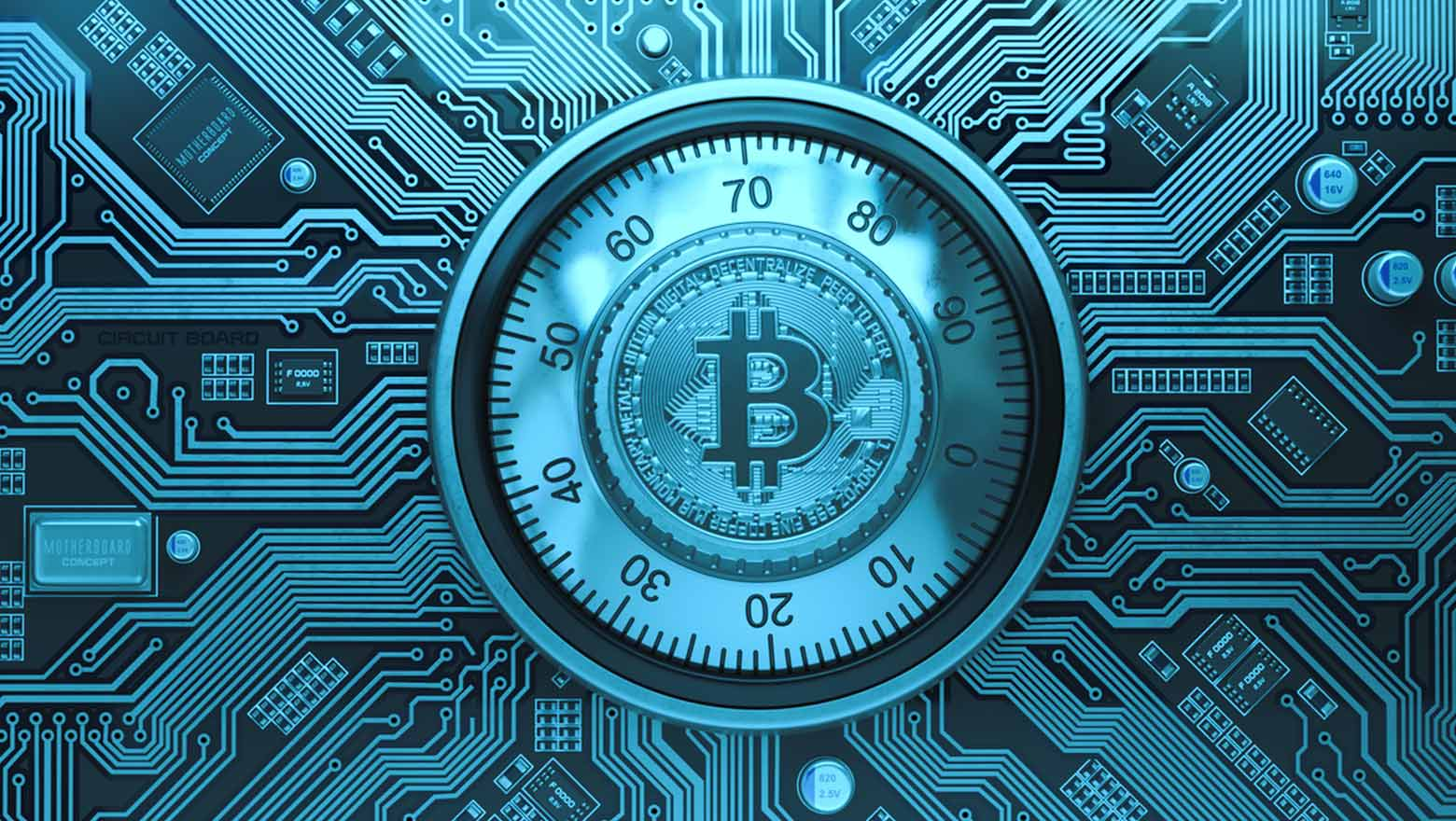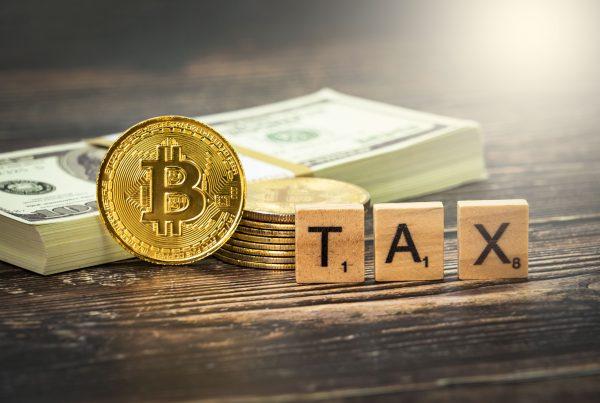
Blockchain is a distributed digital ledger and peer-to-peer network that verifies the legitimacy of every part of a supply chain. It reduces the chances of fraud by ensuring the authenticity of all parties involved. Blockchain can also reduce the risk of identity theft. Moreover, it could drastically improve data management, storage, and transfer. The technology could also improve real-time monitoring and accountability. It also eliminates the need for third-party approvals.
Does Blockchain Possess Any Flaws?
One of the most important flaws of blockchain is the fact that it cannot protect individual information. This means that individuals need to be extra careful about how they handle their personal information. While the blockchain network itself is a secure system, apps and services that use it may be vulnerable to fraud. If you’re dealing with a scammer or trying to protect yourself, always take the time to verify information. Don’t give out your credit card number or bank account number to someone who doesn’t know you.
Can Blockchain Prevent Scams And Fraud?
It Is A Peer-To-Peer Network
Blockchain has the potential to prevent fraud and cyber scams by increasing information transparency. It enables many independent parties to verify transactions. This eliminates the chance of one individual or company creating fake transactions or imposing fictitious requirements on a group of entities. Furthermore, the distributed nature of blockchain prevents the spread of fake information.
In addition to providing security, effective blockchain solutions can be used to keep money and goods secure. It also eliminates the need for a central ledger and lets each user own ownership rights and transfer them to others. Furthermore, blockchain information is stored in a tamper-proof public ledger, making it difficult for anyone to double-spend or counterfeit items.
It Verifies The Legitimacy Of Every Part Of The Supply Chain
Blockchain can protect consumers and companies from cyber-scams by ensuring the authenticity of every part of the supply chain. Blockchain can also detect and deter corruption schemes. Despite its powerful anti-fraud tools, it is still not impenetrable. Cybercriminals change their tactics as quickly as technology changes.
The potential for a new kind of fraud prevention system is huge. Blockchain can be used in a variety of applications, from online shopping to divorce mediation. Its high potential makes it a viable technology that could eventually make fraud and cyber scams a thing of the past. However, it will take some time for law enforcement agencies to become familiar with the new tools.
It Reduces The Chance Of Fraud
Blockchain technology can help combat fraud by allowing transactions to be completed in a decentralized way. Instead of requiring a human to sign off on the transaction, it allows all parties to agree on the details and make sure that no one can change the details. This is important because some transactions involve sensitive information that needs to be secure from outsiders. For this reason, blockchain solutions is a great way to protect sensitive information and reduce the chances of fraud and cyber scams.
Fraud is a costly problem that can lower employee morale and undermine the integrity of business relationships. According to one estimate, a typical organization can lose up to 5% of its annual revenue to fraud. In addition, because fraud can go undetected for long periods of time, it can be difficult to detect. In order to combat this problem, blockchain solution can be used in business networks to track, verify, and store data.
It Reduces Corruption
Blockchain is a new type of digital protocol that helps in the flow of assets and data. It has the potential to reduce cyber scams and corruption because of its tight traceability and lack of anonymity. Furthermore, it can reduce government fraud and corruption by removing the need for middlemen and facilitating automated public contracts. Using blockchain can improve the trust in government institutions and improve the efficiency of public procurement processes.
While the technology of blockchain is gaining ground, many concerns still remain. One concern is the lack of a regulatory and legal framework for blockchain transactions. This is a challenge that needs to be addressed before blockchain can be widely used for government-related purposes. Additionally, transactions on blockchain may be subject to multiple jurisdictions.
Conclusion
Cyber scams are a real problem, and Blockchain can help protect consumers from these problems by adding a layer of security to transactions. Blockchain’s immutability, distributed networks, and centralized recordkeeping can help protect consumers from these issues. In addition, these technologies can protect Cryptocurrency exchanges from fraudulent activities.



